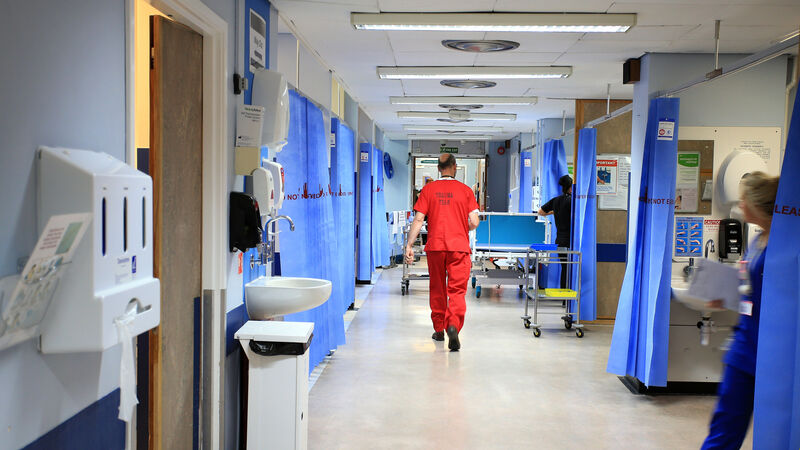Nursing is in crisis – how can it be resolved?

An INMO survey in 2021 found more than 90% of nurses have experienced mental exhaustion while off duty and 60% have considered leaving healthcare as a result.
The nursing workforce is struggling with numerous complex intersecting issues including chronic shortages, inadequate staffing, excessive workloads, toxic workplaces and violence. The pandemic has compounded these challenges and introduced new concerns with occupational exposures, overcapacity issues, and mounting issues of burnout.
An Irish Nurses and Midwives Organisation (INMO) survey in 2021 found more than 90% of nurses have experienced mental exhaustion while off duty and 60% have considered leaving healthcare as a result.













